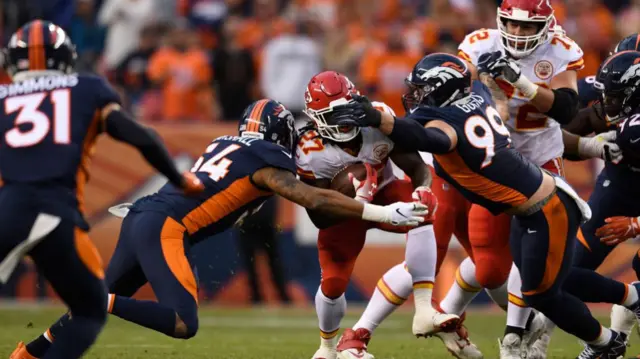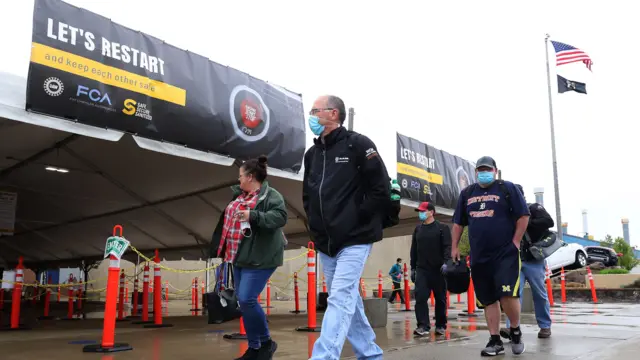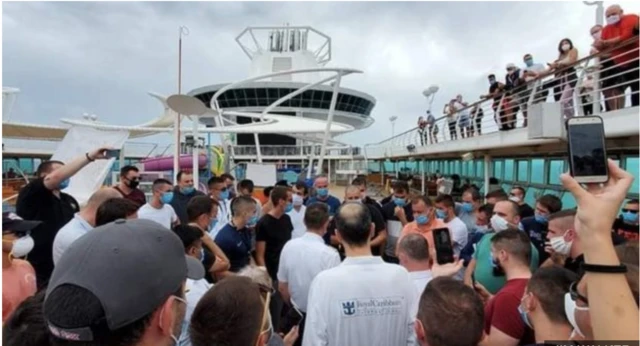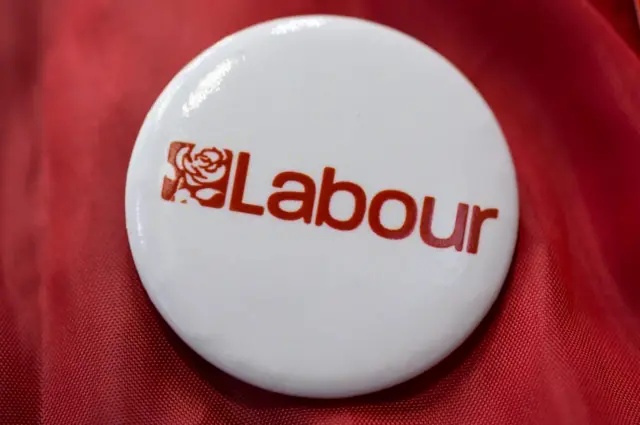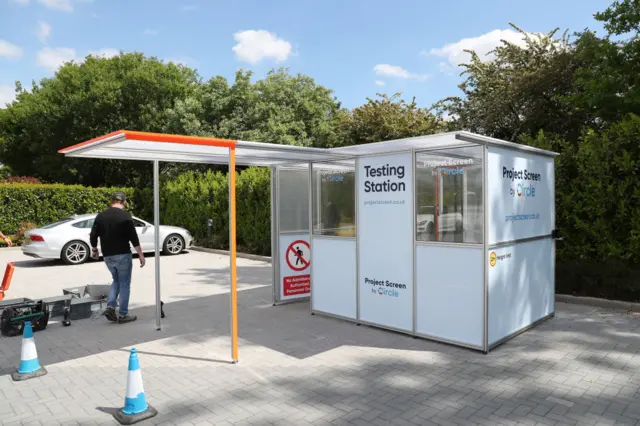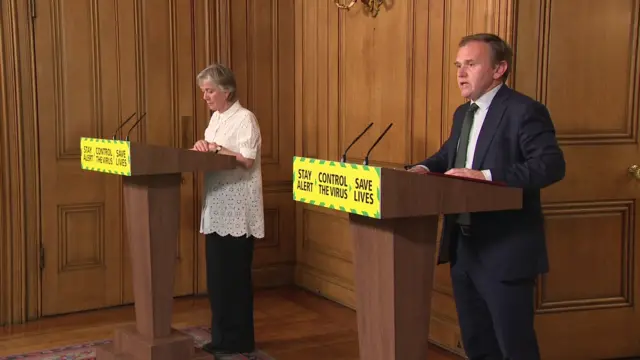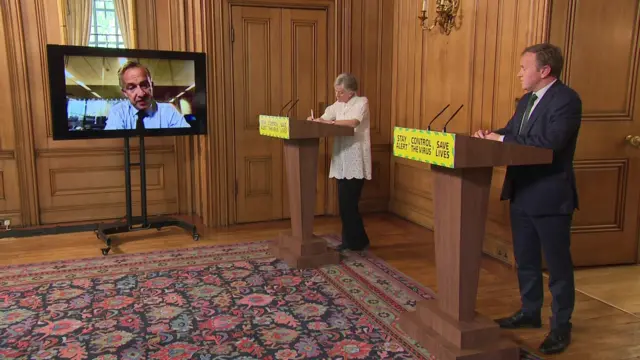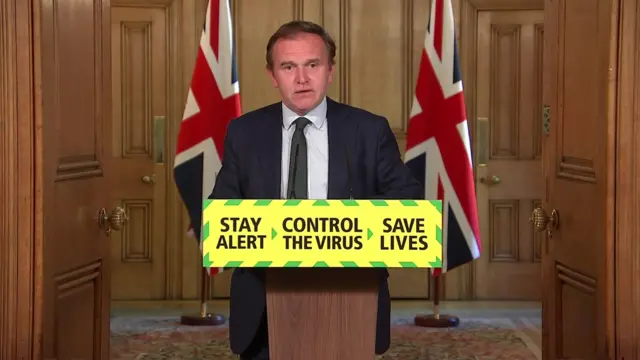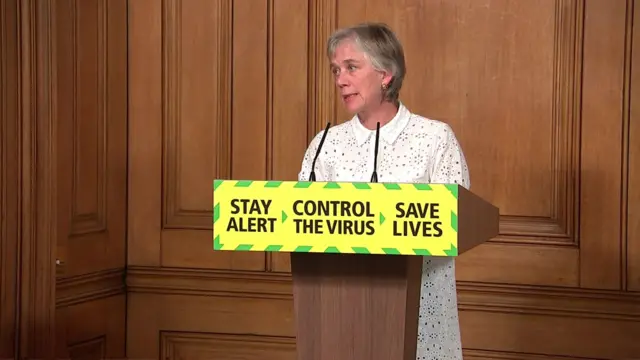CO2 levels falling - but could rise to higher than beforepublished at 18:36 BST 19 May 2020
 Matt McGrath
Matt McGrath
Environment correspondent, BBC News
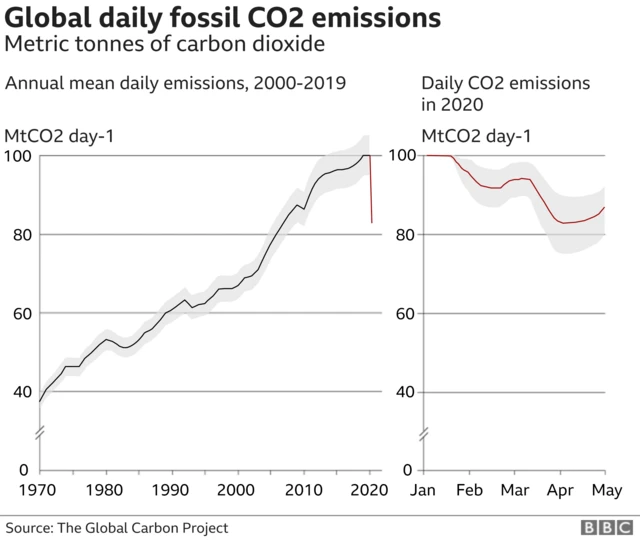
Daily global emissions of carbon dioxide fell by 17% at the peak of the shutdown because of measures taken by governments in response to Covid-19, say scientists.
The most comprehensive account yet published says that almost half the record decrease was due to fewer car journeys.
But the authors are worried car use will soar again when people return to work - and say CO2 emissions could soon be higher than before the crisis.
They are urging politicians to grasp the moment and make real, durable changes on transport and personal mobility.
